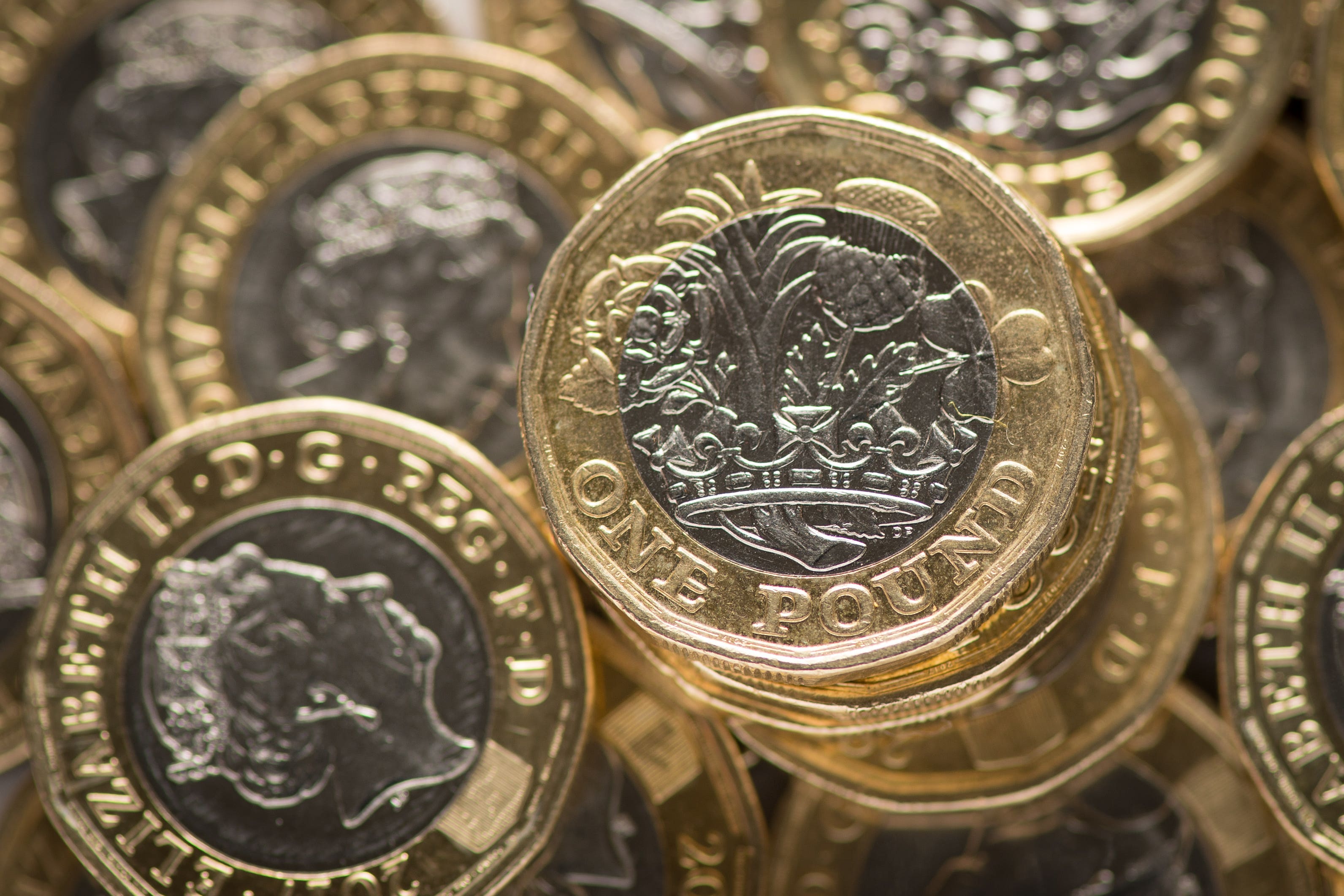39% more bogus insurance claims detected by major insurer
Aviva said it detected around 30 bogus claims per day last year.

Your support helps us to tell the story
From reproductive rights to climate change to Big Tech, The Independent is on the ground when the story is developing. Whether it's investigating the financials of Elon Musk's pro-Trump PAC or producing our latest documentary, 'The A Word', which shines a light on the American women fighting for reproductive rights, we know how important it is to parse out the facts from the messaging.
At such a critical moment in US history, we need reporters on the ground. Your donation allows us to keep sending journalists to speak to both sides of the story.
The Independent is trusted by Americans across the entire political spectrum. And unlike many other quality news outlets, we choose not to lock Americans out of our reporting and analysis with paywalls. We believe quality journalism should be available to everyone, paid for by those who can afford it.
Your support makes all the difference.An insurance giant recorded a 39% jump in detected instances of fraud last year compared with 2022.
Aviva uncovered more than 11,000 suspect claims worth £116 million in 2023 – equating to 30 claims totalling £318,000 each day.
Two out of every three (66%) suspect claims involved motor insurance, including injury and vehicle damage, the insurer said.
A significant proportion of the injury claims Aviva declined were opportunistic claims brought by non-Aviva customers, the insurer said.
They included exaggerated injury claims stemming from low-speed accidents, such as a shunt in a car park, the insurer said.
We've invested in the tools, technology and people necessary to create a robust counter-fraud capability
Aviva added that organised criminals have refocused their efforts on the repair aspects of motor claims, including credit hire and repair.
The insurer has seen a particular growth in motor damage fraud as criminals change their tactics after a whiplash clampdown came into effect in 2021.
Aviva said it has ramped up the number of employees dedicated to investigating fraud, on top of counter-fraud training for staff.
The insurer also identified fraud on more than 51,000 motor policy applications in 2023, up 64% on 2022.
It said that keeping fraudsters off its books helps to ensure genuine customers do not pay for the actions of criminals.
The figures include policies sold by unregulated “ghost brokers”, who purchase policies using false information about the customer to acquire cheaper car insurance.
Ghost brokers are not genuine brokers. The insurance policy is worthless to the person buying it as the ghost broker has obtained the policy through misrepresentation.
The policyholder will be driving without valid insurance which is illegal and carries the financial risks of driving uninsured.
Pete Ward, head of claims counter-fraud at Aviva, said, “We’re here to help our customers when something’s gone wrong, settling their claim quickly and fairly. But where we detect fraud, we will vigorously defend fraudulent or inflated claims and, where appropriate, prosecute those who target Aviva.
“That’s why we’ve invested in the tools, technology and people necessary to create a robust counter-fraud capability, helping to ensure the cost of insurance fraud is not passed on to our customers.
“This investment has improved our ability to detect fraud across all lines of business and has contributed to the steep rise in the number of fraudulent claims we detected last year – particularly in motor, where exaggerated claims for damage have rocketed.”
Looking at other fraudulent claims, Aviva said the value of bogus “slips and trips” has increased.
Household fraud was also detected, with jewellery, mobile phones, TVs, laptops and tablets among the common items included in fraudulent claims.